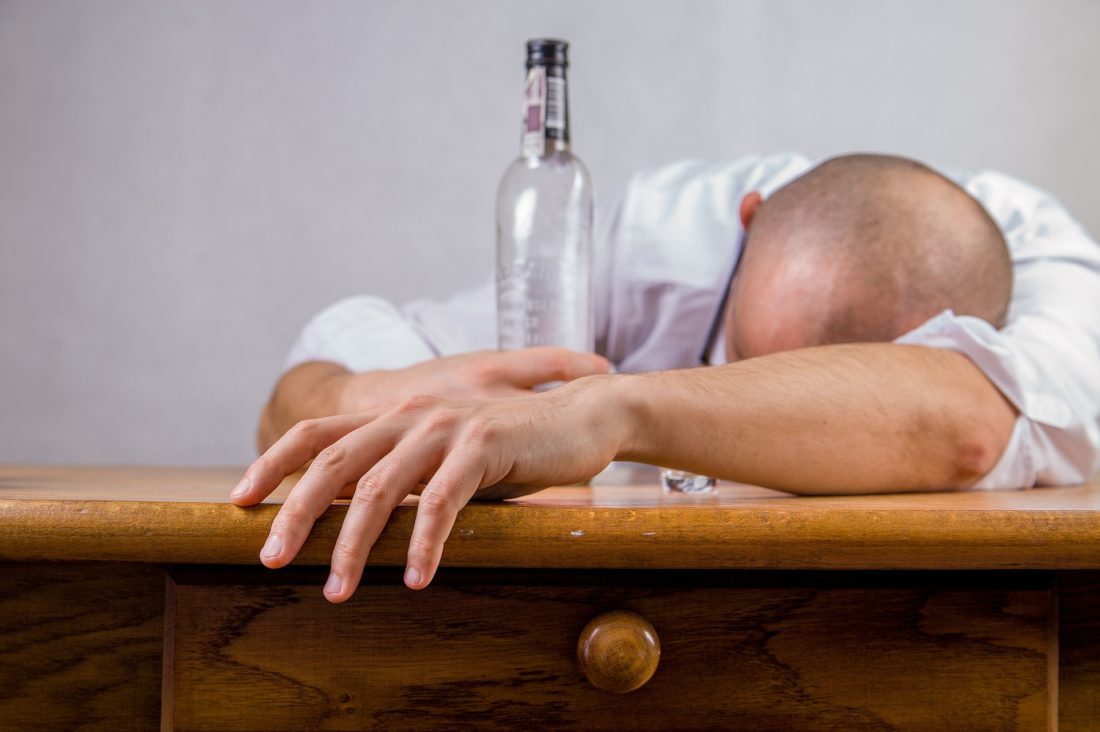Struggling With Addiction? 4 Ways to Generate the Strength to Recover
 If you’re struggling with addiction to drugs or alcohol, the first thing you need to know is you can make a full recovery and live a substance-free life. The following tips will help you generate the strength you need to take that first step toward recovery.
If you’re struggling with addiction to drugs or alcohol, the first thing you need to know is you can make a full recovery and live a substance-free life. The following tips will help you generate the strength you need to take that first step toward recovery.
1. Immerse yourself in success stories online
Theoretically, you know recovery is possible. However, you might not be convinced your situation will change. If that’s how you feel, the best thing you can do for yourself is immerse yourself in other people’s success stories online.
Scour the search engines for personal blogs written by former addicts. Read their content from start to finish and absorb their experiences. You’re likely to read about a variety of experiences including their struggles with admitting they have a problem to how they sought recovery. Chances are, you’ll understand and identify with their stories to some degree and that will boost your confidence in knowing you can recover, too.
One of YouTube’s most popular recovery channels is run by a girl named Jessica Kent. Jessica is a former addict who spent time in prison and struggled not only with recovery, but with getting her life together financially after being released from prison. She talks about everything you can possibly imagine on her channel. Her stories are real, relatable, and inspirational.
2. Seek treatment separately from your significant other
If you’re battling addiction with your significant other, it’s best to seek treatment separately. There are plenty of rehab centers that promote couple’s rehab but that’s a bad idea for many reasons. You and your partner may share the same addiction but the source of your struggles are likely different.
Additionally, rehab centers are designed to be a safe place for you to share openly. Being in a rehab center with your partner might make you shrink back from being open enough to really complete the recovery process. You may not feel like speaking openly in front of your partner like you would in front of strangers. Many recovery directors agree that couples rehab is a distraction that will keep both partners from staying focused on their own recovery and treatment process.
If both you and your partner have decided to pursue rehab, that’s fantastic news and the first step toward recovery. However, consider entering separate facilities for the duration of the program. Don’t put yourself in a position where you won’t get the full benefit of the program.
3. Realize that successful recovery begins with residential treatment
If you’re searching Google for recovery statistics to find out how well treatment centers work, you won’t find much. Researchers have yet to measure recovery rates the way they measure addiction and overdose rates. However, the anecdotal evidence in favor of residential treatment centers is overwhelming.
While you’re immersing yourself in other people’s recovery stories, you’ll probably notice most of them have gone to a residential treatment center. If you’re skeptical about success rates, there’s your proof that it works!
The truth is, you can’t recover on your own. A treatment center will remove you from your familiar environment and all of its distractions and help you focus on one thing only: recovery. Checking into a rehab center is the only way to ensure you get the best possible chance at sobriety.
4. Reach out if you feel like you’re relapsing
Once you’ve made progress, it can be embarrassing to admit when you’ve relapsed, especially if you’ve built your life around helping others through their addictions. For example, after overcoming an addiction to painkillers (opioids), Columbine survivor Austin Eubanks spent six years working at a treatment center and speaking around the U.S. about overcoming addiction. He encouraged hundreds if not thousands of people to seek help, yet nobody knew he had relapsed until he was found dead from an accidental heroin overdose. Needless to say, his family and community were shocked and saddened to learn that he was struggling and nobody knew.
Be honest about your struggles and reach out if you’re relapsing. If nobody knows you’re struggling, nobody can help you. Yes, once you achieve sobriety, people are depending on you to maintain sobriety but they would also be the first to help if you fall back. Most people understand that addiction recovery comes with several bouts of relapse, and your friends and family want you to speak up when you need help.
You can recover from addiction
It’s not an easy or quick road, your best chance at recovering from addiction is relying on the support system of a professional addiction treatment center.